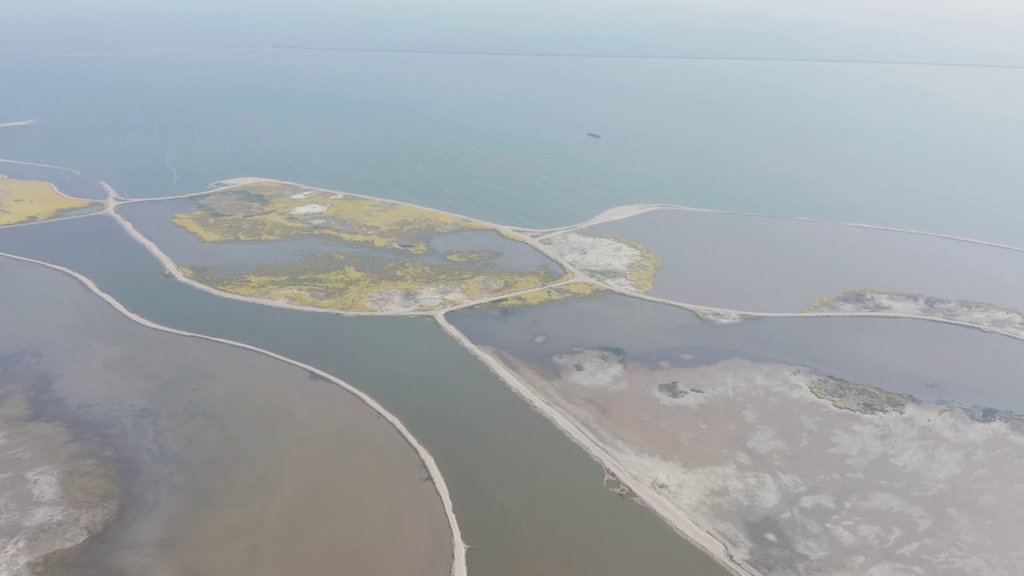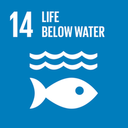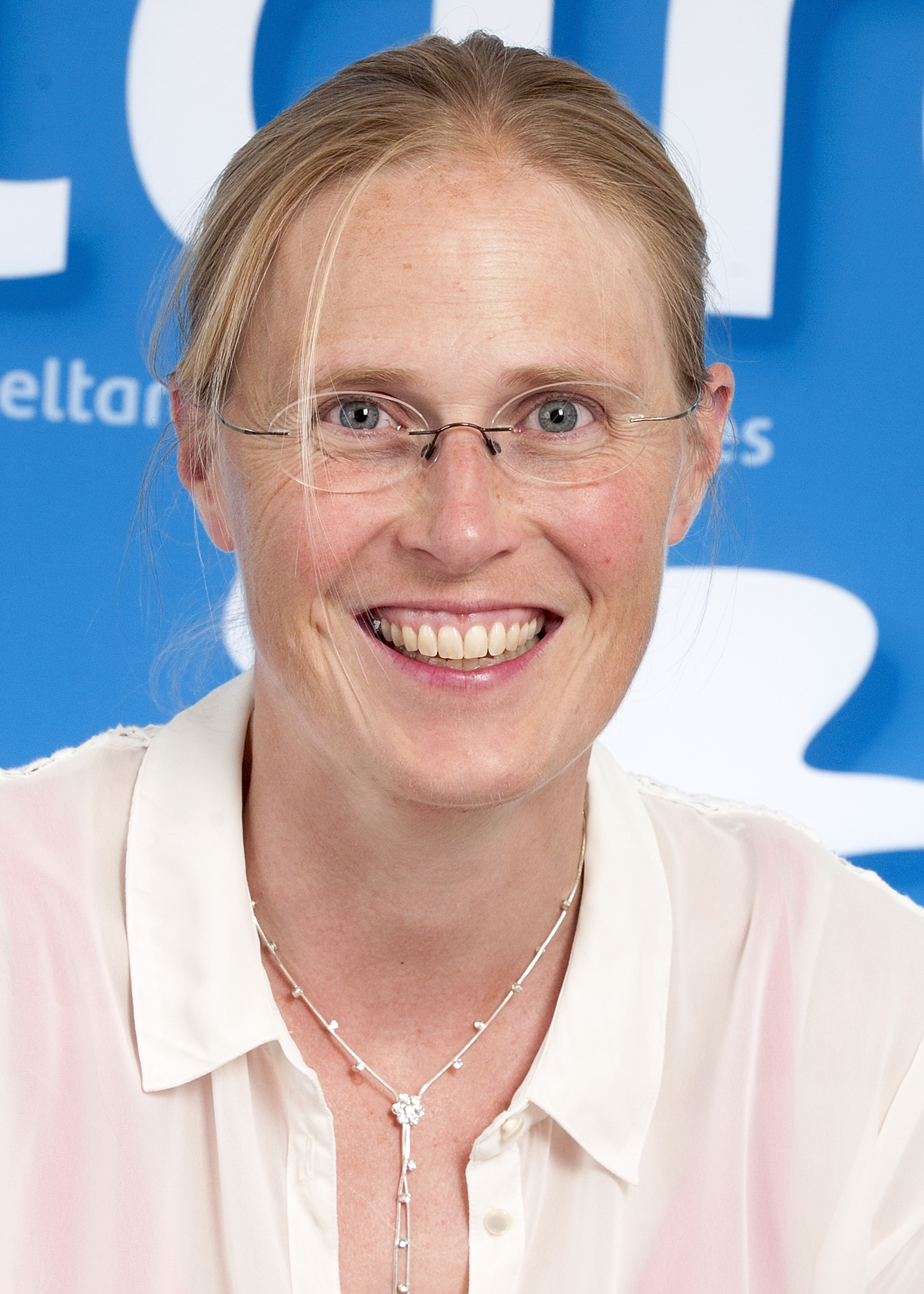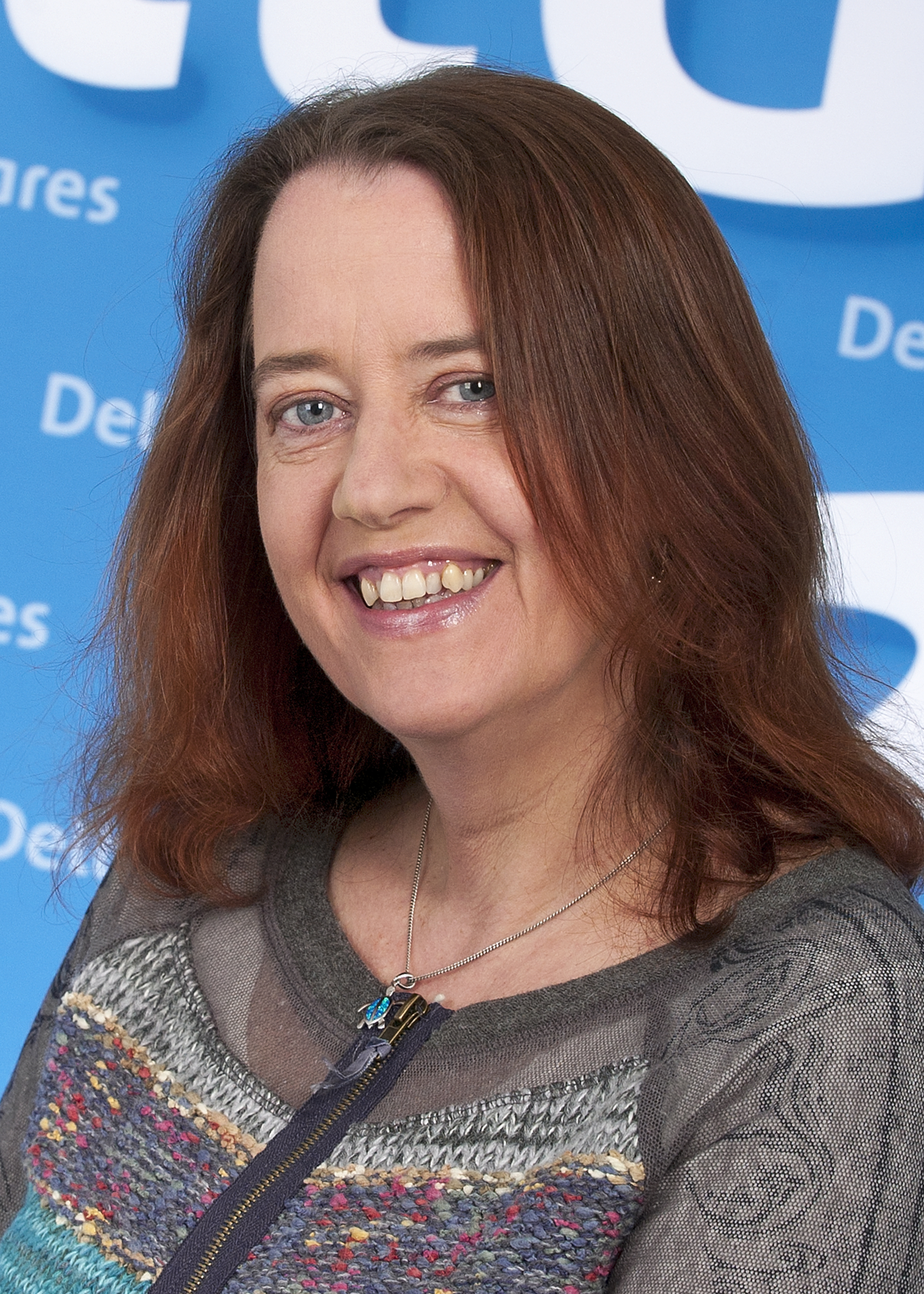Improving ecosystem functioning to enhance biodiversity
Biodiversity loss is a major concern worldwide. Natural populations of species have declined at an alarming rate and reduction of the availability of ecosystem services has a strong impact on human society. Declining fish populations and diversity is leading to food shortages. especially in vulnerable areas, and vector-borne diseases are associated with mal-functioning ecosystems. Across the world, ambitions to secure sustainable Water, Energy and Food resources (called the ‘WEF nexus’), are therefore extended with ‘Ecology’ (WEFE nexus). Providing support in understanding ecosystem functioning is a key-approach of Deltares in many projects. We develop knowledge for sound system understanding, to support the identification and implementation of effective and sustainable measures to restore and enhance biodiversity.
Scaling up ecosystem restoration in Europe
Deltares is currently involved in 2 large EU-HORIZON projects that both focus on biodiversity: MERLIN (fresh water ecosystems) and REST-COAST (coastal and marine ecosystems). In MERLIN, Deltares coordinates the research activities on implementation of ecosystem restoration measures for 17 case studies throughout Europe, in various freshwater ecosystems ranging from peatlands and wetlands, to small streams and catchments, through to large river systems. Together with stakeholders, Deltares defines strategies for all case-study sites within MERLIN to improve and scale up restoration activities and nature-based solutions to protect biodiversity and related Green Deal goals.
REST-COAST will develop a systemic approach to coastal restoration and related ecosystem services, based on a scalable coastal adaptation plan, through 9 pilot sites across Europe. One of the pilots is the cross-border Wadden Sea pilot. Together with the province of Groningen and several German partners we explore hands-on ecosystem restoration, considering technical barriers and enablers. Among other things, we will demonstrate to what extent upscaled coastal restoration can provide a low-carbon adaptation, reducing risks and providing gains in biodiversity for vulnerable coastal ecosystems, such as wetlands or sea grass beds. We use numerical models to evaluate and assess ecosystem services, develop financial enablers to develop business plans for ecosystem restoration, and identify adaptive management pathways. The results of both projects will facilitate replicating large-scale restoration and introducing fresh water and coastal ecosystem services into national and international policies.
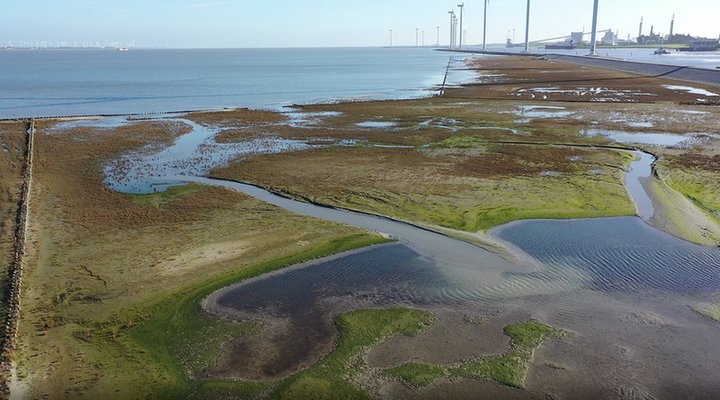
Deltares and other research partners have supported the successful implementation of lake ecosystem restoration activities for one the largest freshwater lakes in western Europe: the Marker Wadden project. The research activities have significantly contributed to creating a unique ecosystem, and to improving biodiversity in the Netherlands.
Modelling habitats to support resilient river management
Outside of Europe, we work together with private partners to improve biodiversity via enhanced system understanding. For example, with JPower (a Japanese Energy company) we explore the opportunities in making hydropower more environmentally sustainable. Deltares was asked to research how the habitats of a local important fish species, the Ayu (Plecoglossus altivelis), is affected and how these impacts may be mitigated. Using HABITAT analysis and the hydromorphological model Delft3D, we assessed how JPower’s operation schemes can be adjusted to better fit the different life stages of the Ayu. Also, we investigated how the composition and erodibility of artificial sediment dikes could improve habitat suitability for the Ayu. With this information, JPower can minimize the impact of their dams and operation schemes on the riverine ecology.
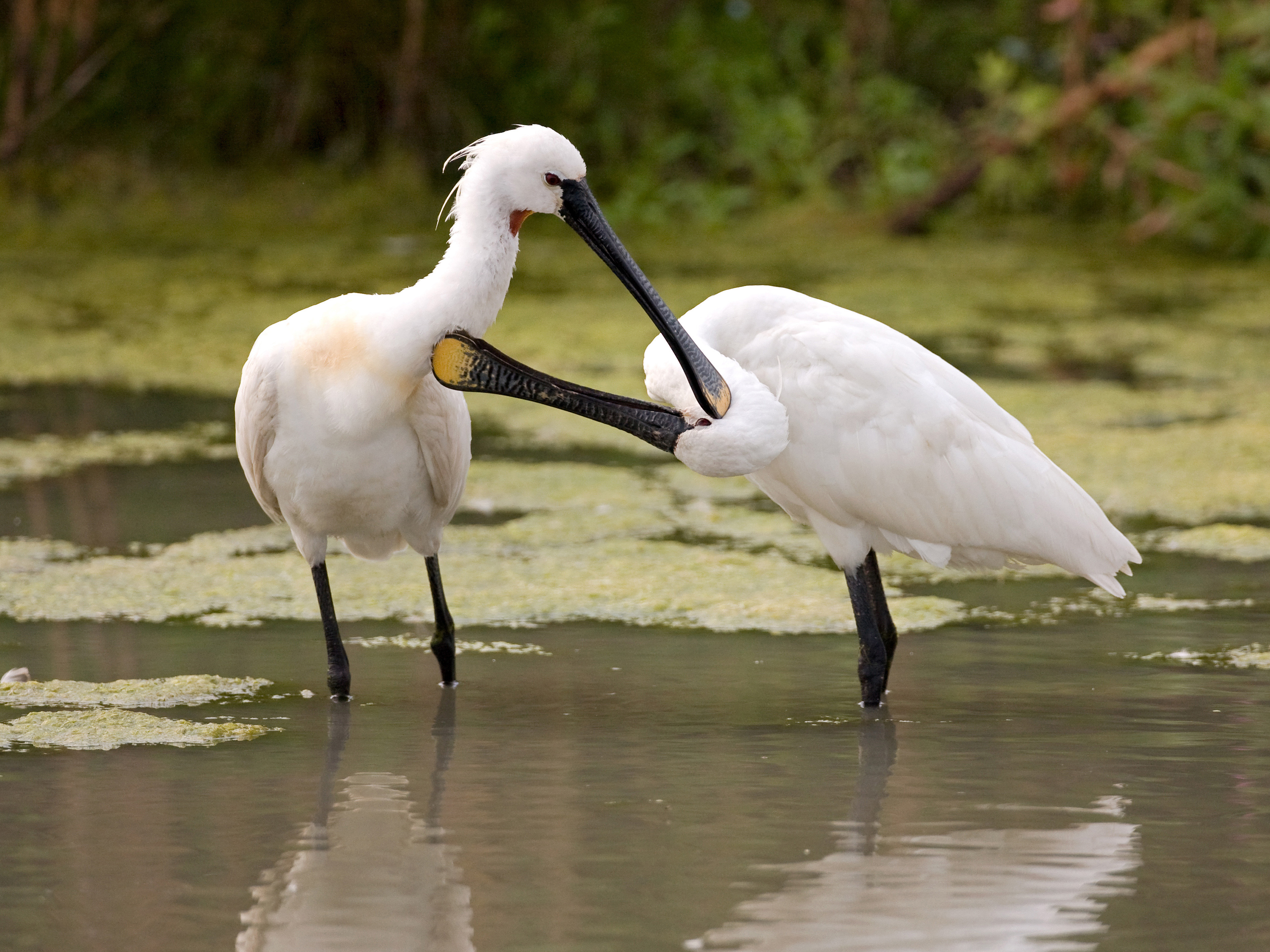
'Merlin will implement a lot of restoration measures. But probably more importantly, it will develop strategies […] how to apply these methods much more commonly in Europe.'
Daniel Hering, Huniverity of Duisburg-Essen (DE)
Realizing impact
By developing knowledge, models and tools together with our partners, Deltares contributes to the understanding of ecosystems. The outcomes are actively shared with stakeholders such as water managers and governments, to support the development of effective strategies to improve ecosystem health and enhance biodiversity. As a result, understanding the linkages between the Water-Energy-Food-Ecosystem nexus helps policy-makers to integrate national and international approaches to solve the challenges for both ecosystems and humans.
All Sendai priority’s
